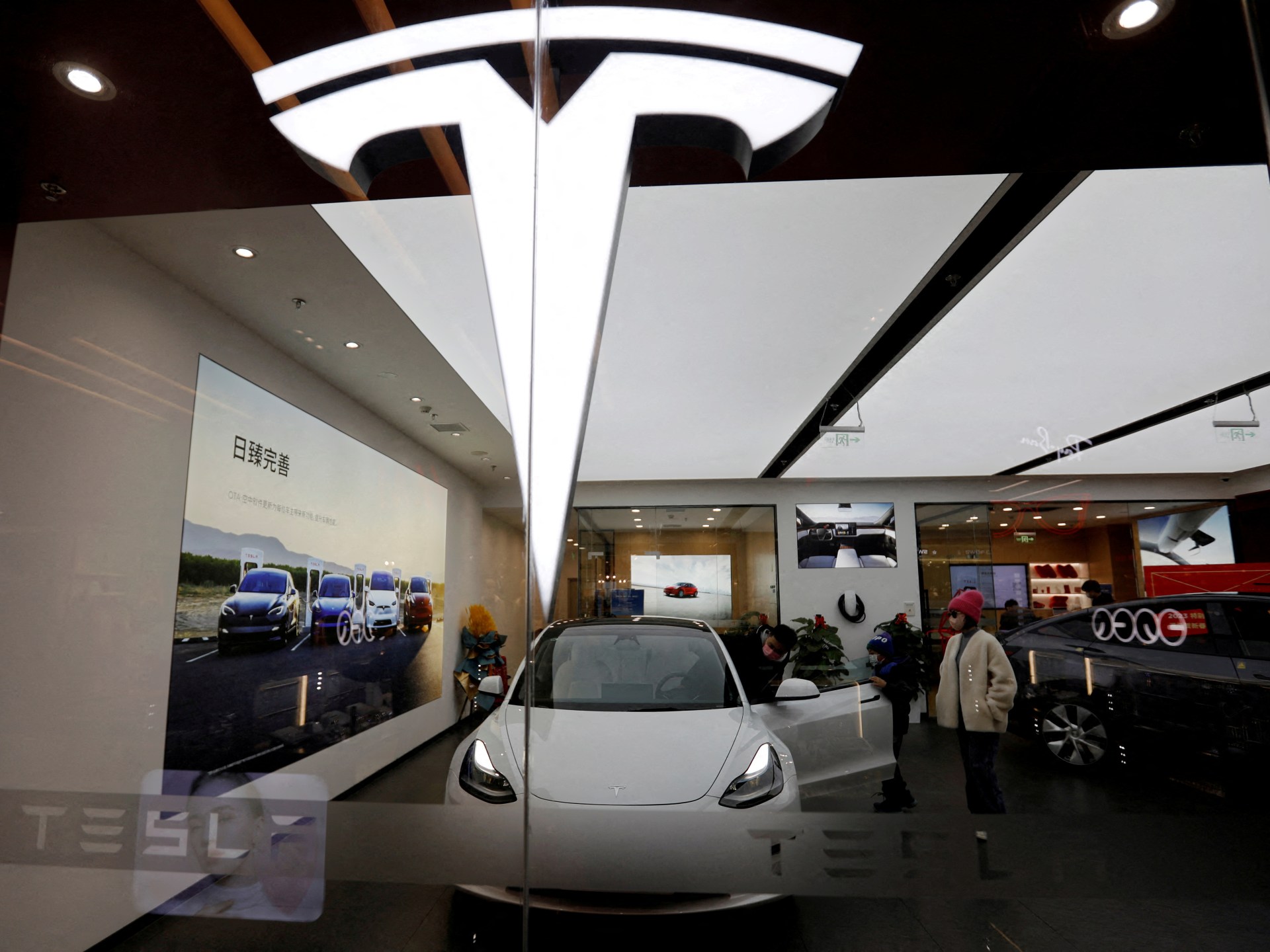Electing a world leader
Whose victory will be good for Turkey? One thing for sure, whoever is elected will serve U.S. interests first, but the general approach in the Turkish capital 48 hours before the election could be summarized as, "It’s none of our business, but if we were to comment, we would say, ‘The guy we know is better than the guy we don’t know’."
In our talks with diplomats and politicians of many other countries, they appeared to share an identical position on the issue despite the global irritation with the "pre-emptive strike" and "active engagement" policies of the George Walker Bush.
For the world outside the United States, the main difference between the two candidates, perhaps, lies in their approach to global security and war on terrorism issues. While Bush Jr. — who, like his father, has been engaged in an "active engagement" policy coupled with the "right to pre-emptive strike" mentality — appears determined to play the role of "hot-tempered cowboy of the wild west," fighting all criminals without feeling the need for help from anyone else, Kerry has been pledging to "run a foreign policy that recognizes America is strongest when we are working with real alliances, when we are sharing the burdens of the world by working through our statesmanship at the highest levels and our diplomacy to bring other nations to our side."
This is rather a different policy than the "Your are either with us or against us" understanding of the Bush administration.
Yet, we should also keep in mind the "corporate U.S." and "continuity in administration" principles before coming to any conclusion. We definitely will have a "new" situation on Nov. 3, but any major change in U.S. positions on a global scale should not be expected.



